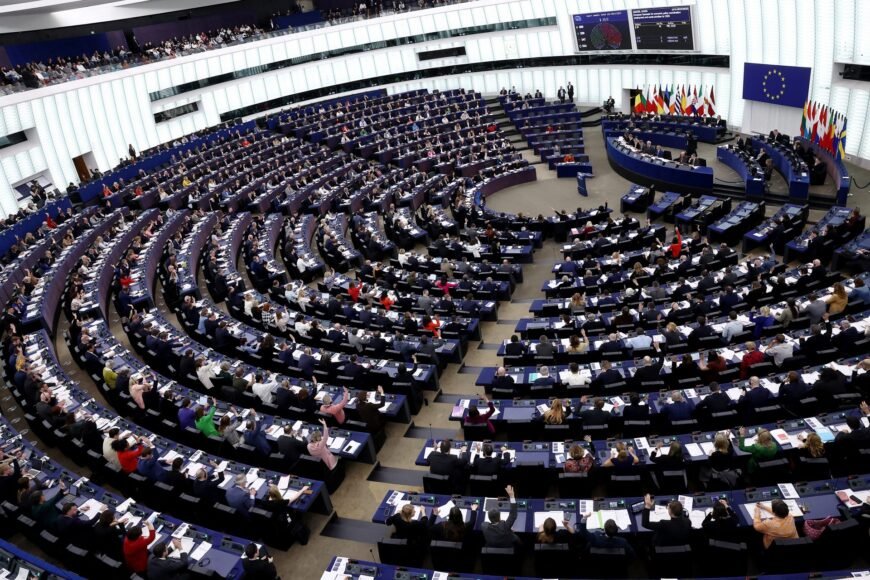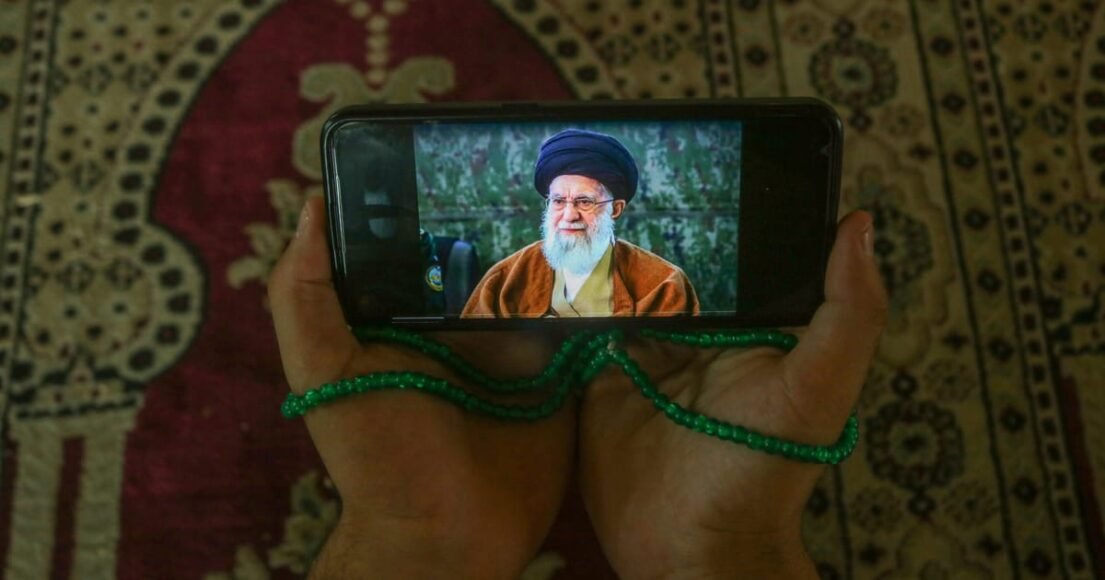Lukasz Olejnik, a visiting senior research fellow at King’s College London, highlights that Iran’s choice to avoid connected devices suggests a strong concern about potential hacking and tampering. He remarks that Tehran fears adversaries might use these devices for tracking or targeting officials.
In the past, Israel has utilized connected devices for targeted killings. In a sophisticated attack last September, explosive pagers were used to strike Hezbollah in Lebanon, injuring nearly 3,000 people. This operation involved Israeli security services simultaneously detonating small explosives hidden in modified devices among Hezbollah operatives.
Matt Pearl, former director for emerging technologies at the National Security Council during the Biden administration, acknowledges Israel as a “cyber superpower,” comparable to the U.S. or China, albeit on a smaller scale but with significant capabilities.
Iran and Israel are both recognized as formidable cybersecurity forces. Experts note that cyber espionage and disruption are often conducted alongside direct military confrontations.
Tel Aviv boasts a strong pool of cyber talent and maintains close ties between the government and private sector. It is viewed as having superior cyber capabilities and advanced technology, enabling more intricate digital assaults.
Though Iran is considered a significant adversary to the West—alongside China, North Korea, and Russia—its cyber activities are largely focused on espionage rather than causing disruptions.
Iran’s nuclear program has been targeted by one of history’s most notorious cyber operations: the U.S. and Israel reportedly coordinated the Stuxnet malware attack in 2010, which severely impacted Iran’s nuclear initiatives.
Sam Clark contributed reporting.













Leave a Reply